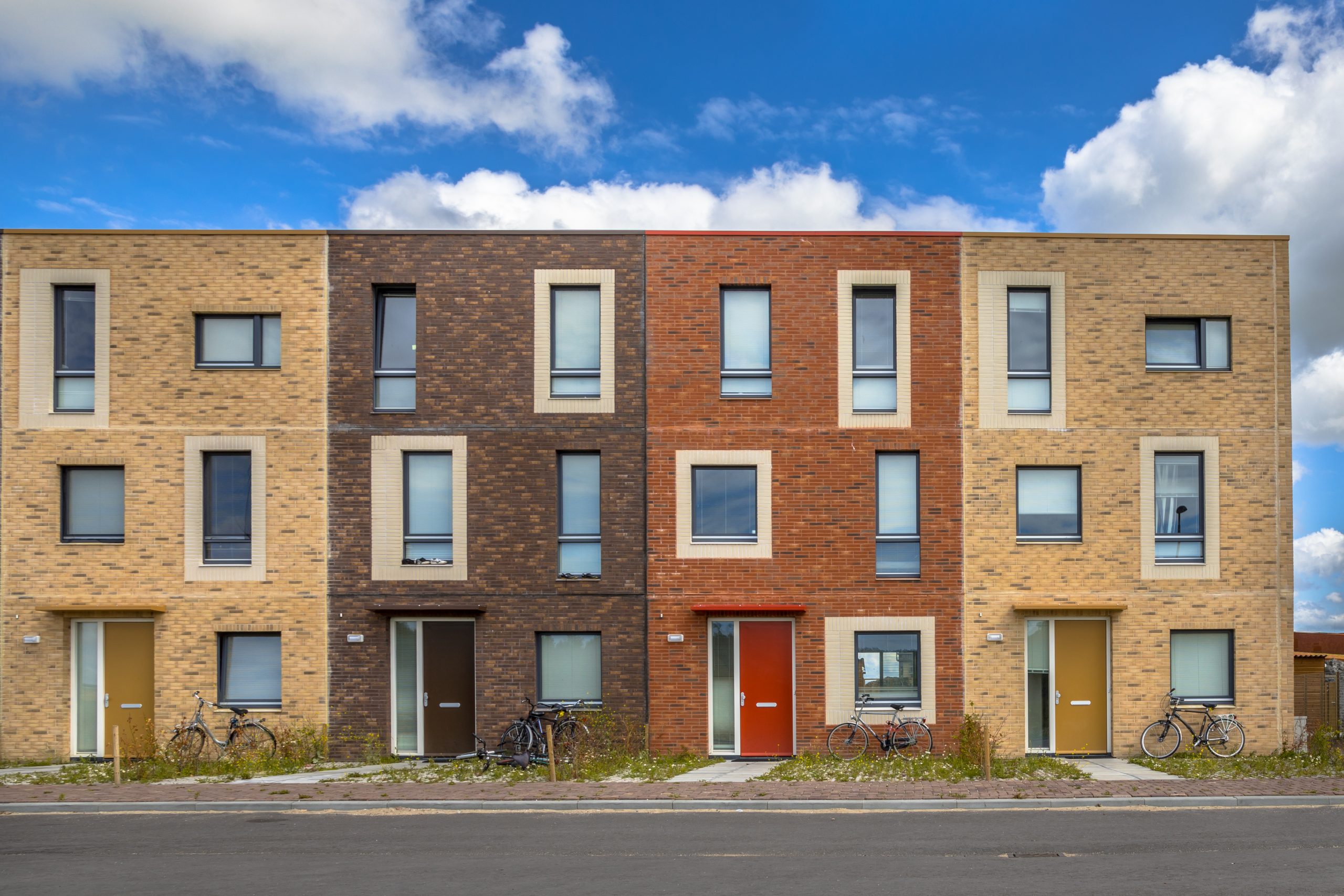
On 16th of March Peter Apps wrote in inside housing about the leaseholders to be planed to be protected by Property funds from their human rights getting infringe from cladding costs. According to him,
As they fight against proposed changes to legislation, large property investment funds have claimed that government measures to safeguard inhabitants of their blocks from having to pay large costs to address fire safety defects are infringing on their human rights.
Representatives of freeholders who control hundreds of thousands of properties across the country wrote to the government last week, claiming that the proposals were “unfair, illegal, and likely to have an extraordinarily devastating impact” on their companies.
They had appointed legal counsel and solicitors to explore the ramifications of the ideas, and their “provisional view” is that they would violate Article One of the European Convention on Human Rights (ECHR), which protects private property, according to the letter.
Mr Gove has proposed modifications to the Building Safety Bill that would ban freeholders from passing on the costs of repairing unsafe cladding to residents and set a limit on the expenses that might be recovered for other work.
This would virtually rewrite lease agreements between leaseholders and their building owners, who have previously held residents liable for the expenditures. These expenses can easily exceed £100,000 per person.
A spokesman for the organisations that delivered the letter told Inside Housing that while they agreed that leaseholders should not be paid, they believed the latest plans would drag down remediation work.
Residents’ campaigners, meanwhile, called it “absurd” that organisations that “profited” off leaseholders were now “demanding that the government respect their human rights.”
Mr Gove’s proposed legislation comes after years of government threats that if building owners refuse to “do the right thing” and protect their leaseholders from charges, the government will “rule nothing out.”
Property owners have chosen to campaign behind the scenes, while developers, who are also being targeted for cleanup cash, have engaged in a public exchange of letters with the secretary of state.
“The introduction of these revisions… was wholly unforeseen by the industry,” according to the letter, which was signed by senior individuals from property managers HomeGround and Estates & Management (E&M) “for and on behalf of” their property-owning clients. They came out of nowhere… and were enacted with little parliamentary scrutiny.
“We are, by necessity, still at an early stage in our analysis of the ideas’ effects. Leading lawyers and external solicitors have been retained to provide legal advice. Our preliminary assessment is that the measures will be difficult to reconcile with Article 1 of the ECHR’s First Protocol.”
HomeGround represents a number of big UK residential property funds, notably the Adriatic Land group, which owns a number of buildings with fire safety concerns.
The investment funds buy the freehold of apartment buildings in order to profit from ‘ground rents’ and other fees paid by inhabitants who buy long leases on individual units.
The freeholder recovers these monies through service charges, according to the terms of most leases.
Since the Grenfell Tower incident, thousands of blocks have been found to have unsafe cladding systems and other severe fire safety issues, with leaseholders facing life-changing expenditures for repair work.
Freeholders would no longer be able to recoup these expenditures through the service charge under the new legislation. Instead, under the new arrangement, freeholders would be obligated to pay costs where they are able, even if they are not related to the block’s original creator.
They would have the authority to seek responsible parties for the cost of the remediation work, including as contractors, developers, and cladding product manufacturers.
The restrictions are “totally unprincipled, unjust, and impractical,” according to the letter.
“It would deprive building owners of their rights and impose potentially enormous liabilities on them for no reason other than their presumed ability to pay,” it stated.
“This is a disproportionate and arbitrary expropriation of their possessions.”
Any future court dispute over the legislation’s compliance with human rights law is expected to hinge on how ‘proportionate’ the government’s measures were perceived to be, as well as whether they were in the public interest.
According to the letter, freeholders are “dedicated to the idea” that leaseholders should not be held liable for fire safety costs, but “the financial interests of building owners in a building will be relatively minimal compared to leaseholders.”
The proposed law is presently in the House of Lords’ report stage, with more government revisions expected next week.
“We’ve always been clear that leaseholders shouldn’t be paying to fix problems that they didn’t cause,” a representative for Homeground said. Our position on this has not changed, but the latest revisions cause us concern.
“We believe that the government should pursue the ‘Polluter Pays’ policy.” Several members of the House of Lords favour this, but the administration appears to be ignoring it.
“A key premise for us is that safety comes first; we feel the structures should be repaired first, and culpability should be pursued subsequently.” Building remediation will be slowed as a result of the government’s suggested approach.
“The Levelling Up, Housing and Communities Select Committee likewise believes that the government should fund the remedy as soon as possible.”
When asked if the companies will file a legal challenge if the government moves through with the proposal, a spokesman said it would be “inappropriate to discuss legal things,” but added that the “ball is very much in the government’s court.”
“It is ludicrous that these institutional freeholders, who have profited from riding roughshod over householders for many years, are now demanding that the government respect their human rights,” said Giles Grover, a spokeswoman for the End Our Cladding Scandal campaign.
“Powerful developers and freeholders will continue to use their massive resources to play every trick in the book to ensure that innocent leaseholders are forced to pay for difficulties we had nothing to do with creating in buildings we don’t own.”
“In the meantime, as these games with our safety and lives are being played, the regular people Mr Gove claims to want to protect are stranded, with no end in sight to our pain.”
“It is ludicrous that these institutional freeholders, who have profited from riding roughshod over householders for many years, are now demanding that the government respect their human rights,” said Giles Grover, a spokeswoman for the End Our Cladding Scandal campaign.
“Powerful developers and freeholders will continue to use their massive resources to play every trick in the book to ensure that innocent leaseholders are forced to pay for difficulties we had nothing to do with creating in buildings we don’t own.”
“In the meantime, as these games with our safety and lives are being played, the regular people Mr Gove claims to want to protect are stranded, with no end in sight to our pain.”
